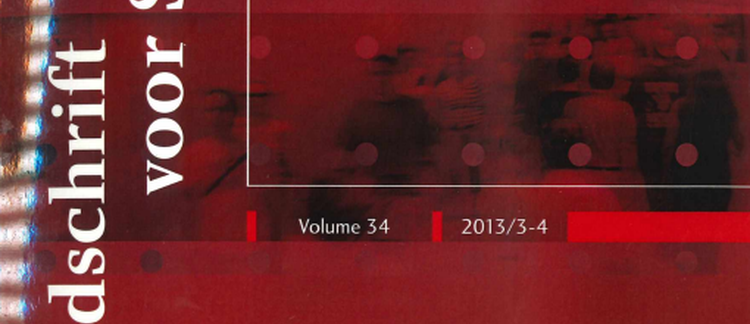Abstract
The social stratification of cultural taste patterns is a well studied topic in cultural sociology. Inspired by Bourdieus’ classical work: La Distinction, the conversion between economic and cultural capital gets a lot of attention. However, much less is known about the importance of social networks for explaining cultural variety. Even though classical cultural sociologists acknowledge in general terms that culture is embedded in a dynamic structure of social interactions, only few empirical studies investigate the link between social networks and cultural capital. We contribute to this area of research by combining social network theory with recent developments in cultural sociology. More specifically, we use the ‘Cultural Participation in Flanders 2003-2004 survey’ to test the homology between the structure of social networks (in terms of network size, -heterogenity and tie strength) and cultural omnivorousness (based on music preferences). Our results indicate that there is an interdependent link between social network structure and cultural omnivorousness. Furthermore, they show the importance of social networks for cultural sociology in general.
How to Cite:
Vlegels, J. & Lievens, J., (2013) “Is de culturele omnivoor een sociale omnivoor: netwerkkenmerken van omni- vs. univoren”, Tijdschrift voor Sociologie 34(3-4), 457–480. doi: https://doi.org/10.21825/sociologos.86839
Downloads:
Download PDF
View
PDF


